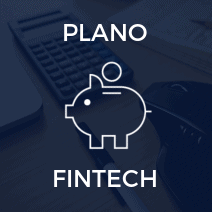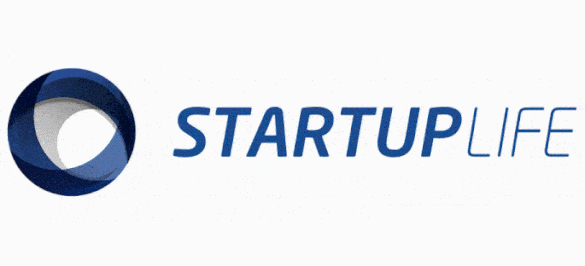By Tiságoras Mariani, Lucas Euzébio and Layon Lopes*
Fintechs are changing the Brazilian financial market, either by increasing efficiency and competition in the credit market, or by streamlining transactions, or by reducing bureaucracy in accessing credit or offering financial services that are more accessible to the population. With the increase of players in the market, it was necessary to create categories of fintechs to distinguish the services of each one for the population.
The objective of this article is to explain and present the categories of fintechs in Brazil.
The Categories of Fintechs in Brazil:
The Central Bank of Brazil (Bacen) states that there are ten categories of fintechs, in which we present the characteristics of each one below:
1) Credit fintechs: Credit fintechs are companies that offer financial credit services in a 100% digital way, with more attractive interest rates and without bureaucracy. Its structure is through a Direct Credit Society (SCD) or Entrepreneurs Loan Society (SEP) – in Portuguese, called Sociedade de Crédito Direto and Sociedade de Empréstimo entre Pessoas, respectively.
If you want to know more about the credit fintech market, just access this article, written in Portuguese.
2) Payment Fintechs: Payment fintechs are companies that offer acquirer or sub-acquirer solutions and services to facilitate payment processing, all through new technologies. Its structure is, as a rule, that of a Payment Institution.
If you want to know about acquirer and sub acquirer, just access this article, written in Portuguese.
3) Financial Management Fintechs: Financial Management fintechs are companies that offer expense control services that offer tools to facilitate fiscal control, payroll, billing and accounting.
4) Loan Fintechs: These are financial institutions specialized in offering credit with lower interest rates than those practiced by traditional banks, with the entire operation being 100% digital.
5) Investment Fintechs: These are companies that seek to offer the user the opportunity to make investments in the financial, real estate, foreign exchange or cryptocurrencies markets, for example, in an easy and unbureaucratic way, such as Warren – a Brazilian fintech established in the city of Porto Alegre.
6) Financing Fintechs: Similar to the concept of loan fintechs, these are companies that offer more attractive interest rates than traditional banks in a 100% digital way, to facilitate the financing of vehicles, real estate and similar goods.
7) Insurance Fintechs: Also known as Insurtechs, these are companies focused on reducing bureaucracy in the insurance market by providing services digitally and easily. For Insurtechs, it is necessary to follow the rules set forth in the Superintendence of Private Insurance (SUSEP) – in Portuguese, Superintendência de Seguros Privados.
8) Debt Negotiation Fintechs: As the name implies, these companies seek to negotiate user debts with their creditors – especially financial institutions. The purpose of these fintechs is to negotiate debts with agility and advantageous conditions that allow the debtor to stay up to date with their obligations.
9) Exchange Fintechs: Exchange fintechs are companies that offer technological solutions for the exchange market, covering services such as: remittance of values abroad and exchange price comparators. These fintechs also usually offer advantageous conditions to differentiate themselves in the market.
By the way, the Marco Legal do Câmbio was recently sanctioned. If you want to know more details, just access this article, written in Portuguese.
10) Multiservice Fintechs: These are companies that offer Banking as a Service (BaaS) and Fintech as a Service (FaaS) services. BaaS is the technology that enables any company to offer financial services without the need to request authorization from the Central Bank of Brazil, while FaaS is the business model that offers financial services and solutions to companies in the most varied segments through a white label platform.
If you want to know more about BaaS and FaaS, just access this article, written in Portuguese.
Market – The Brazilian technology and innovation ecosystem has 11,394 active startups, of which 1,290 are innovating in the financial sector, according to information released by Distrito.
Doubts about which modality your business fits in? Toddy, the artificial intelligence developed by Silva Lopes Law Firm, helps you identify which Bacen rules your fintech must comply with. Check it out!
*Layon Lopes is the CEO of Silva | Lopes, Euzébio is a partner and Tiságoras Mariani is a member of the Silva | Lopes team.







